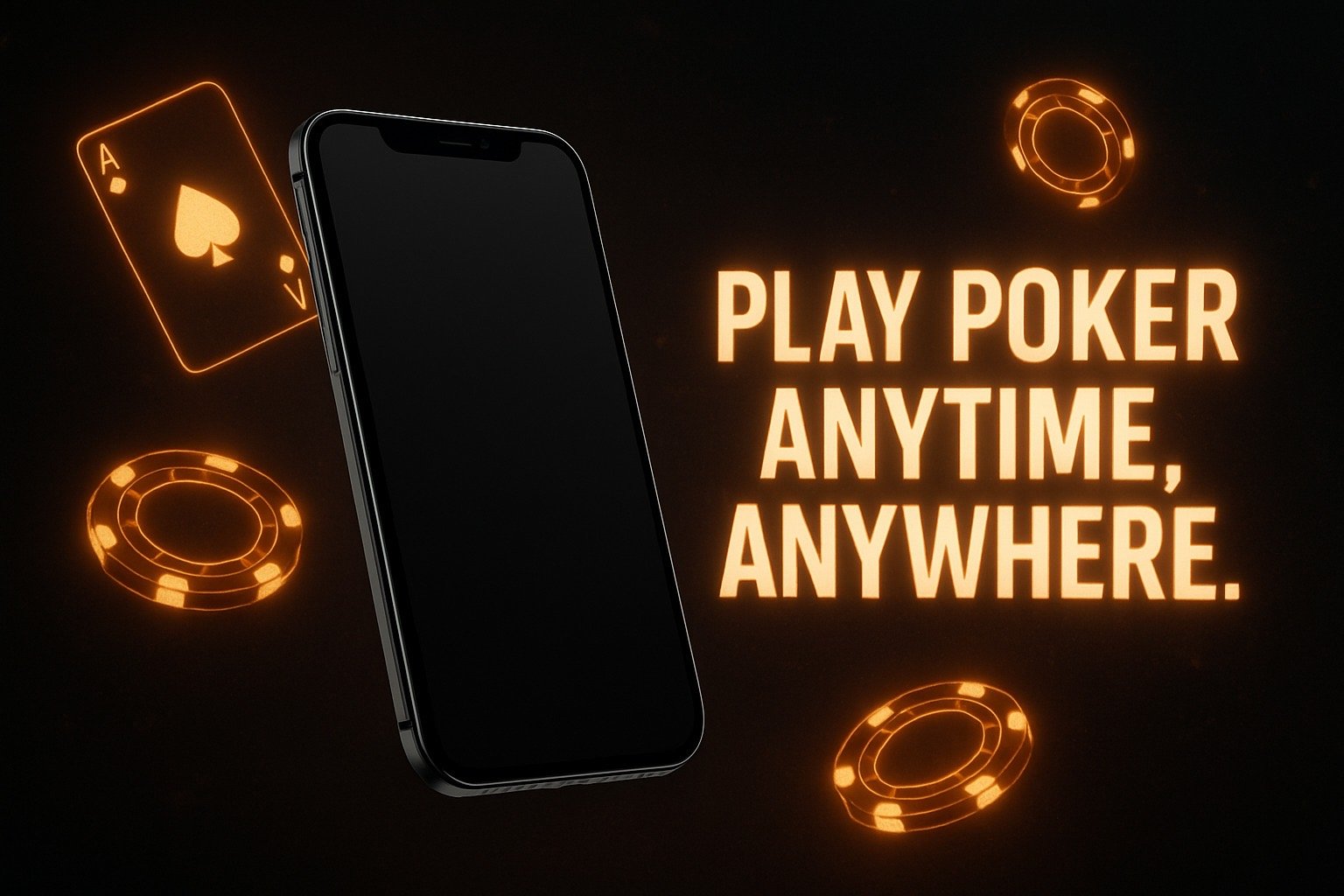Step In or Miss Out: The Upcoming Zero Knowledge Proof (ZKP) Whitelist to Open New Era in Privacy
Privacy has evolved from a feature into a fundamental requirement. Every sector, from finance and healthcare to communication and identity management, faces growing pressure to protect user data. Zero Knowledge Proof (ZKP) emerges as a blockchain infrastructure that delivers privacy, speed, and transparency in one design.
As the Zero Knowledge Proof (ZKP) whitelist prepares to open, it offers not just early access but a chance to help shape a system built for the future of digital confidentiality. For those evaluating the top crypto to invest in, this moment represents a clear entry point into an era where privacy is no longer optional, it’s inevitable.
Why Privacy Can’t Wait
Data breaches, identity theft, and mass surveillance have made privacy a global concern. Centralized systems can no longer guarantee security or anonymity, leaving both individuals and enterprises exposed. Zero Knowledge Proof (ZKP) addresses this by introducing verifiable privacy as a way to prove facts without exposing personal information.
Across industries, the demand is urgent:
Finance: Institutions need compliance and validation without revealing transaction data.
Social platforms: Users demand authenticity without disclosing personal details.
Healthcare: Patient confidentiality remains critical, but verification still must occur.
The Zero Knowledge Proof (ZKP) whitelist arrives at the perfect moment, bridging this global demand with functional blockchain solutions. It represents more than registration; it’s participation in an infrastructure shift that could define how privacy operates in the digital economy.
As privacy becomes a competitive advantage, Zero Knowledge Proof (ZKP) is rapidly being recognized among the top crypto to invest in, not because of hype, but because it solves a universal problem.
The Whitelist: A Gateway to Privacy-First Innovation
Whitelists often mark the earliest stage of innovation. For Zero Knowledge Proof (ZKP), it’s the gateway into a system designed to restore control to users while meeting enterprise-grade security needs.
Joining the whitelist means aligning with a project built for scalability, compliance, and private verification. Participants will gain early insight into how authentication, transactions, and data validation can all occur without exposing the information behind them.
Key reasons the whitelist matters:
Limited early access: Participation will be capped, creating scarcity and exclusivity.
Low barrier to entry: Early contributors engage before later phases become more competitive.
Momentum from multiple industries: Adoption is already drawing attention from developers and organizations seeking privacy-based infrastructure.
The whitelist isn’t a simple form; it’s the front door to the next chapter of blockchain privacy. Each early participant becomes part of the foundational community driving Zero Knowledge Proof (ZKP) toward real-world deployment.
Zero Knowledge Proof (ZKP) vs. Public Blockchains
Public blockchains have achieved transparency, but often at the cost of privacy. Every wallet, transaction, and address is visible, which can deter adoption by institutions and privacy-conscious users. Zero Knowledge Proof (ZKP) blockchain changes that. It allows users to verify authenticity and compliance without revealing any underlying data:
Public chains: Great for visibility, but expose all transactional data.
Zero Knowledge Proof (ZKP): Maintains speed, transparency, and confidentiality simultaneously.
This balance of privacy and trust ensures both regulators and participants can operate with confidence. It positions Zero Knowledge Proof (ZKP) as a blockchain that serves not just investors, but industries in search of secure, compliant infrastructure, a major reason it’s viewed among the top crypto to invest in for privacy and utility.
Privacy Is Inevitable and Timing Is Everything
History shows how quickly innovations become indispensable. Mobile payments, cloud computing, and social networks once seemed optional now they’re essential. Privacy will follow the same trajectory. Governments are tightening data laws, organizations are transitioning to privacy-first systems, and users are demanding control.
Zero Knowledge Proof (ZKP) stands at the center of that inevitability. Its whitelist represents a chance to act before privacy moves from opportunity to obligation.
Why this matters now:
- The demand for private systems is global and accelerating.
- Zero Knowledge Proof (ZKP) already provides practical solutions.
- Early participants position themselves inside the next major blockchain standard.
This isn’t about speculation; it’s about recognizing where digital infrastructure is heading. Privacy isn’t a niche; it’s the next global requirement.
Final Take: Privacy Is the Future and the Future Starts Here
Zero Knowledge Proof (ZKP) is building the foundation for a blockchain environment where privacy and transparency coexist. It delivers confidential DeFi, private governance, and interoperable applications that don’t compromise performance or trust.
The upcoming whitelist marks the first real chance to participate in that shift to help establish the rules, test the mechanics, and build credibility in a system designed for the next generation of Web3 privacy. Finance, healthcare, and digital platforms already show the urgency for this evolution.
For those looking at the top crypto to invest in, the decision comes down to timing. Zero Knowledge Proof (ZKP) stands at the crossroads of necessity and opportunity. Privacy is no longer optional; it’s the next frontier. And this whitelist is your first step toward it.
The post Step In or Miss Out: The Upcoming Zero Knowledge Proof (ZKP) Whitelist to Open New Era in Privacy appeared first on Blockonomi.
You May Also Like

Fetch has sued Ocean and its founders, accusing them of undermining DAO governance by selling 263 million FET tokens without authorization.

The Elite Advisory Board Raising the Bar for Crypto Credibility!
